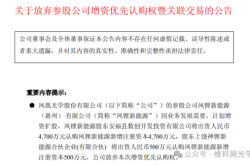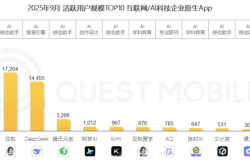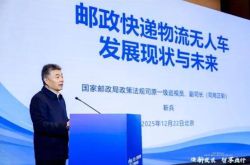Comprehensive Analysis of Trump's Second Inauguration: From TikTok Delay to Mexico Tariff Threats
![]() 01/22 2025
01/22 2025
![]() 549
549
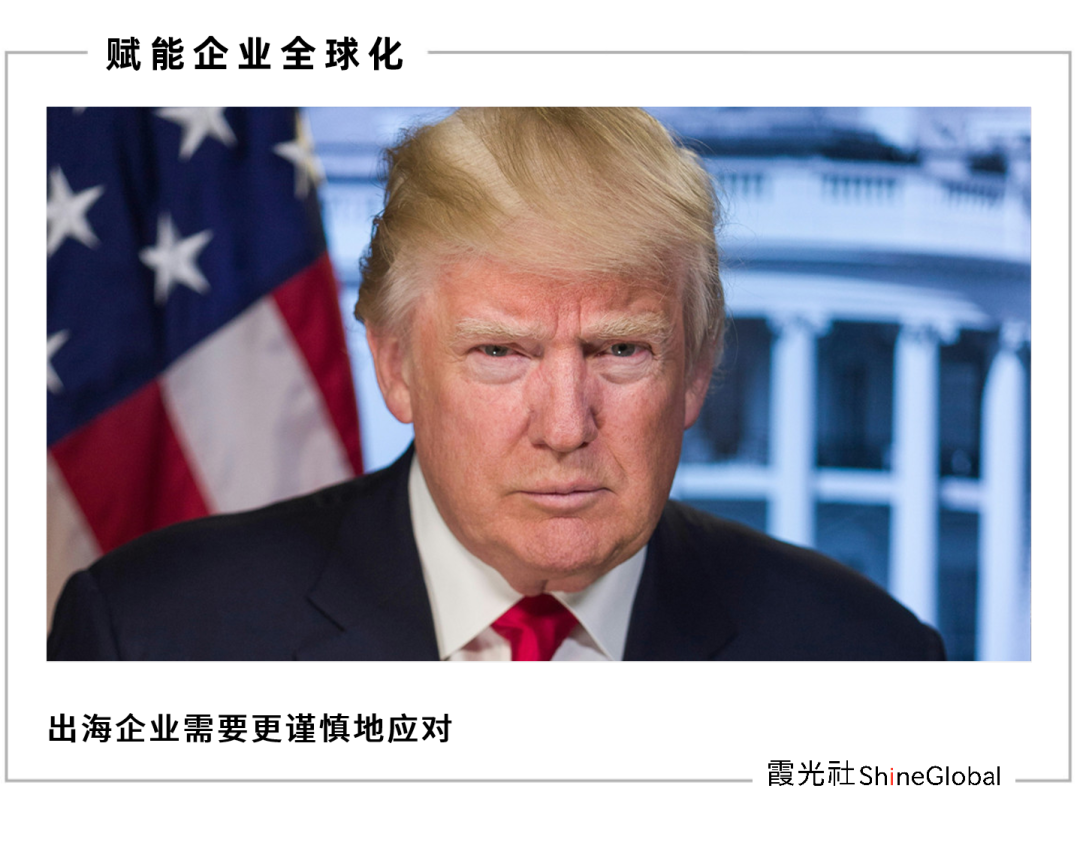
At noon on January 20, 2025, Eastern Time, Donald Trump was sworn in for his second term as President of the United States.
The 78-year-old Republican took the oath at the Capitol Rotunda, delivering an inaugural address spanning over half an hour that outlined a governance blueprint starkly contrasting with the Biden era.
The day prior, Trump had vowed to overturn every "radical and foolish" executive order enacted by the Biden administration. US media analysis suggests that Trump would sign over 100 executive orders on his first day in office to underscore his commitment to the new administration.
How will these policy shifts impact the growth trajectory of Chinese enterprises in the pivotal US market? Xiaguangshe has analyzed Trump's inaugural address and the key executive orders signed on his first day to dissect the new US government's policy priorities.
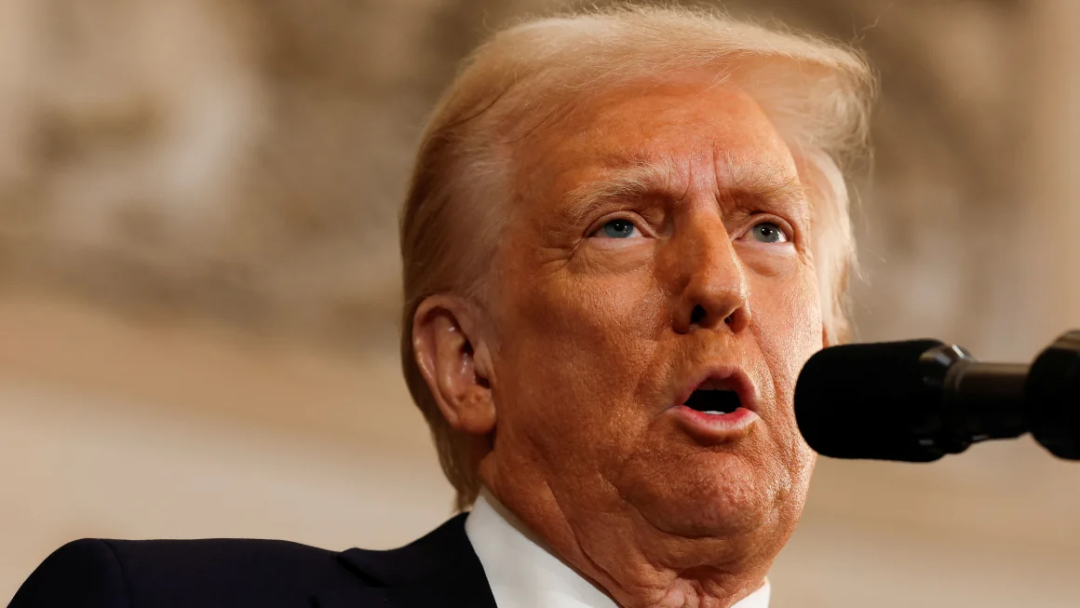
Trump speaks at the inauguration ceremony. Source: CNN

In his inaugural address, spanning over 30 minutes, Trump detailed the governance priorities for his second term. Analyzing the speech content reveals five primary policy directions.
First, stricter immigration and border policies.
Trump declared a national emergency at the southern border, pledging severe measures to tighten border control, including reinstating the "Remain in Mexico" policy, ending "catch and release," deploying troops, and designating Mexican drug cartels as terrorist organizations.
Second, tariffs to promote the "return of manufacturing."
To combat inflation, Trump declared a national energy emergency, pushing for robust oil and gas exploration. He aims to scrap the Green New Deal, rescind electric vehicle mandates, and revitalize American manufacturing. In trade, he will establish an Office of Foreign Revenue to impose tariffs on foreign goods, safeguarding American workers' interests and claiming that "much money will flow into our treasury from abroad."
Third, more conservative public social policies.
Trump will establish a new Department of Government Efficiency and sign executive orders to halt government censorship. On gender, he announced recognition of only two genders. He will also terminate racial and gender socialization policies, advocating a merit-based social system.
Fourth, bolstering national defense while promoting "peace."
Trump promised to build the world's most potent military while avoiding unnecessary wars. He will reinstate military personnel dismissed for opposing vaccine mandates and prohibit the military from embracing radical political theories.
Fifth, reshaping America's international status with "America First" at the core.
Trump stated that renegotiating the Panama Canal issue will restore the US's rightful international status. He also proposed renaming the Gulf of Mexico as the Gulf of America, reflecting his "MAGA" (Make America Great Again) ideology.

On his first day in office, Trump signed a series of executive orders, preliminarily affirming the policy directions outlined in his speech.
Trump Signs Executive Order to Delay TikTok Ban
Trump announced a 75-day extension of the TikTok ban, granting ByteDance more time to find a buyer for TikTok.
Previously, Trump told reporters he "has to use it (TikTok)," emphasizing its influence among young Americans and the need for caution.
Trump Signs Executive Order Ending Birth Tourism
Effective in 30 days, this order stipulates that children born in the US to illegal immigrants or those on temporary visas will no longer automatically acquire US citizenship.
The order states, "Under this executive order, the following two categories of individuals will no longer automatically enjoy the privilege of US citizenship: individuals whose mothers are illegally resident in the United States and whose fathers are not US citizens or lawful permanent residents at the time of their birth; individuals whose mothers are lawfully but temporarily resident in the United States (e.g., through visa waiver programs or holding student, work, or tourist visas) and whose fathers are not US citizens or lawful permanent residents at the time of their birth."
Trump Signs Executive Order Announcing US Withdrawal from WHO
Long a critic of the WHO, Trump proposed withdrawing from the organization during his first term in 2020, a move halted by the subsequent Biden administration.
In 2020, Trump emphasized that "the amount of money the United States pays to this organization is too large compared to other countries." He still believes the WHO has failed to demonstrate its ability to handle global health crises.
Public health experts have already criticized Trump's move.
Trump Signs Executive Order Announcing US Withdrawal from Paris Agreement
As a legally binding international climate treaty, the Paris Agreement aims to limit global temperature rise to well below 2°C above pre-industrial levels, pursue efforts to limit the increase to 1.5°C, and achieve global climate neutrality by mid-century.
Trump's move underscores his commitment to terminating the Green New Deal. He also revoked several Biden administration executive orders addressing climate change.
Trump plans to vigorously promote fossil fuel exploitation, streamlining energy development permit reviews, terminating wind energy project land leases, and canceling electric vehicle promotion policies.
Trump Signs Executive Order Granting Pardons to Capitol Rioters
On January 6, 2021, Trump supporters stormed the Capitol due to dissatisfaction with Biden's election victory. Over 1,000 supporters were charged, with some cases still pending.
After taking office, Trump stated he would pardon over 1,000 charged individuals, claiming that "there are about 1,500 people who need to be pardoned - completely pardoned."
These accused individuals include extreme right-wingers. Polls show that most Americans oppose these pardons.
Other Trump executive orders include: relisting Cuba as a state sponsor of terrorism, revoking security clearances of 50 former US officials, reviewing law enforcement and intelligence operations, and revoking Biden's 2023 executive order on artificial intelligence.
Among the executive orders signed, the one most relevant to Chinese enterprises going global is the "delay in implementing the TikTok ban."
Industry insiders suggest that Trump's actions are more about reserving negotiation space. The 75-day delay may give TikTok some breathing room but does not eliminate the ban risk.
On January 19, Trump made it clear that the US should acquire a 50% ownership stake in TikTok to "protect national interests and share economic benefits," leaving TikTok's fate uncertain.
Moreover, though no formal executive order has been signed, Trump has told the media he plans to impose tariffs on Mexico and Canada by February 1, with a potential rate of up to 25%.
Last November, Trump announced these actions for his first day in office, but recent emphasis increases the likelihood of policy implementation.
Amid escalating China-US trade tensions, Mexico has become a crucial springboard for Chinese enterprises to bypass tariff barriers and access the North American market. Chinese enterprises, predominantly in manufacturing, have accelerated investments and factory construction in Mexico in recent years. The tariff hike will inevitably impact Chinese enterprises in Mexico. According to Xiaguangshe's industry sources, Chinese enterprises' enthusiasm for investing in Mexico has significantly waned post-Trump's election victory.
Though policy details remain unclear, Chinese enterprises in the US, particularly those in Mexico, must prepare in advance and be fully ready for potential trade frictions.
Xiaguangshe will continue to closely monitor developments under Trump's new administration.



